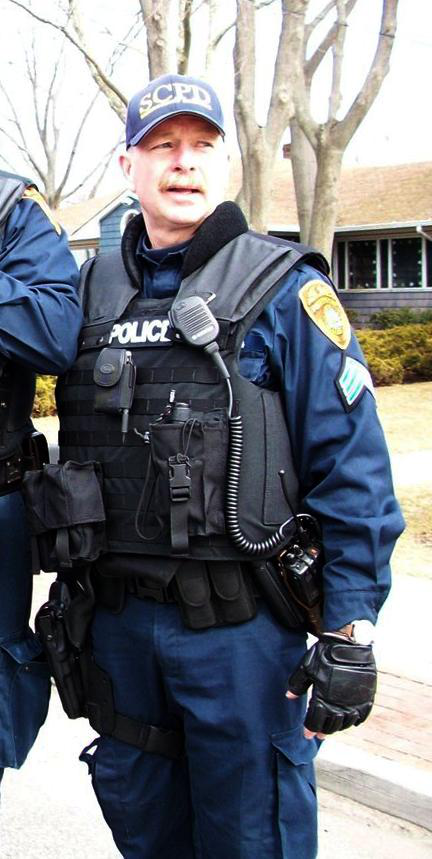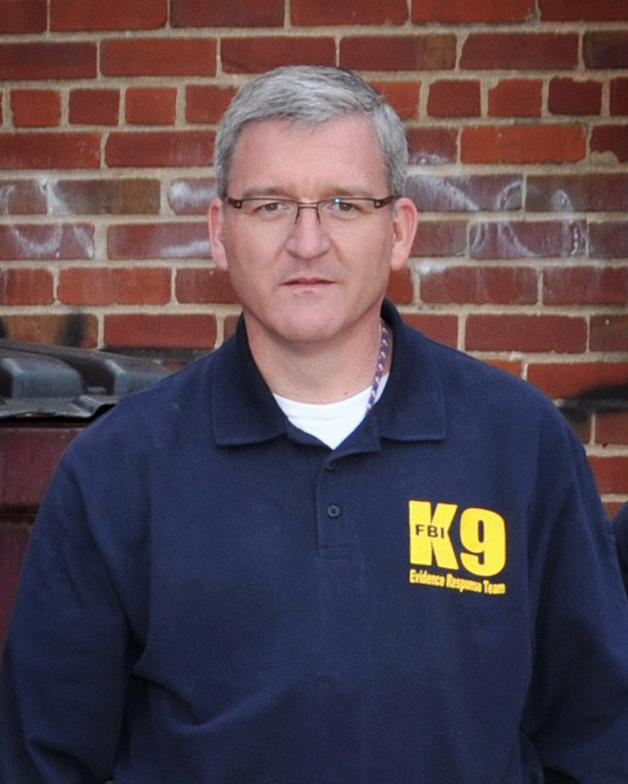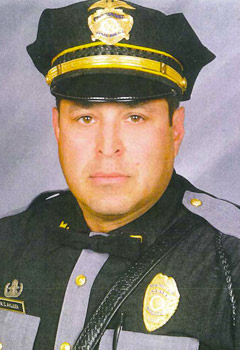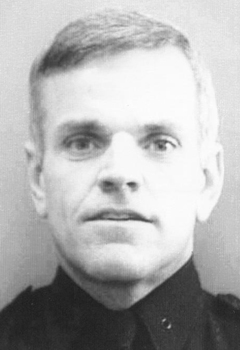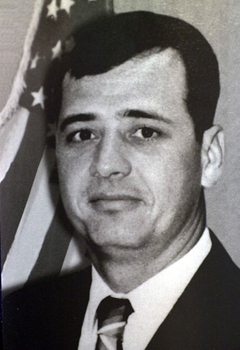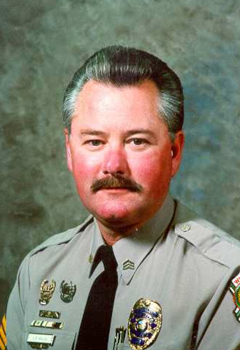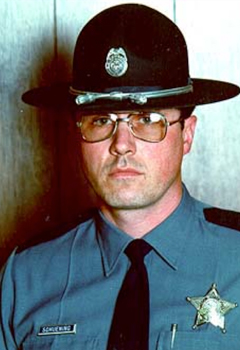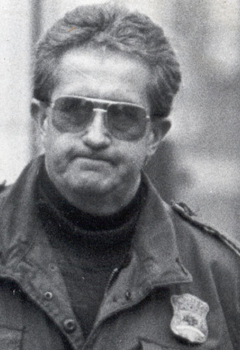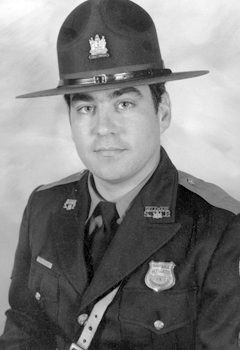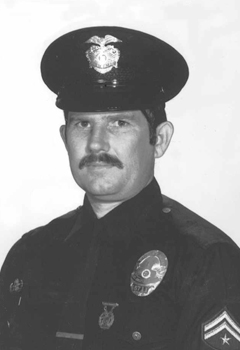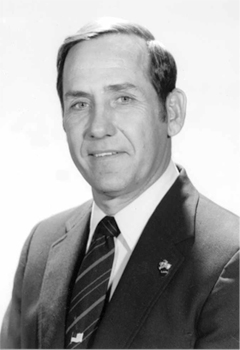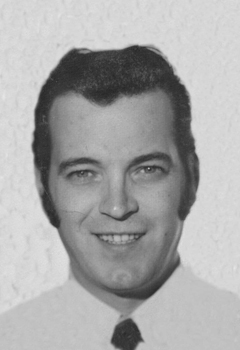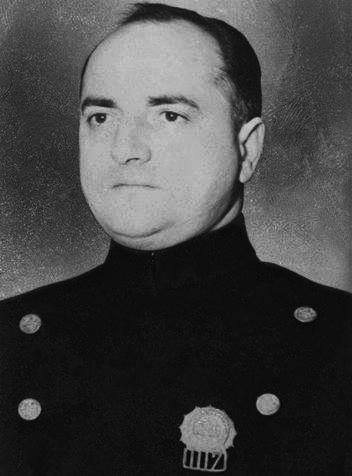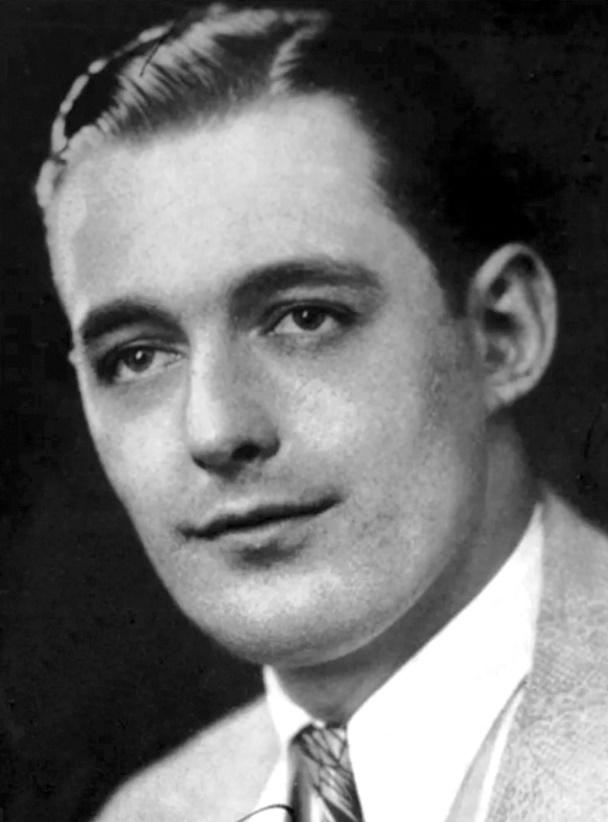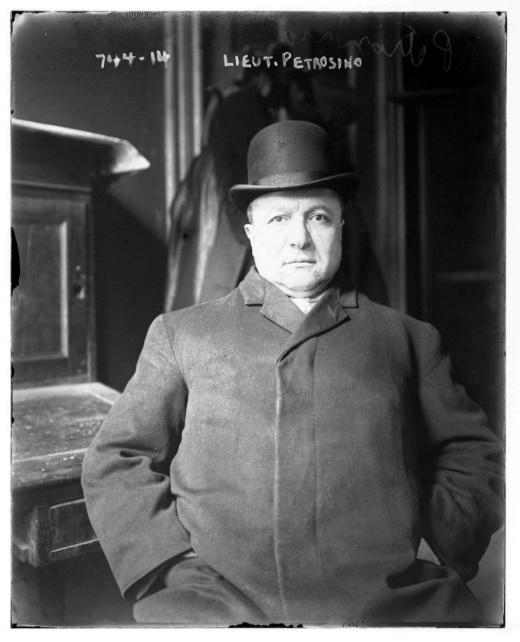Gerald Brennan
Detective, New York Police Department
Served 1986 through 2002, End of Watch July 14, 2020
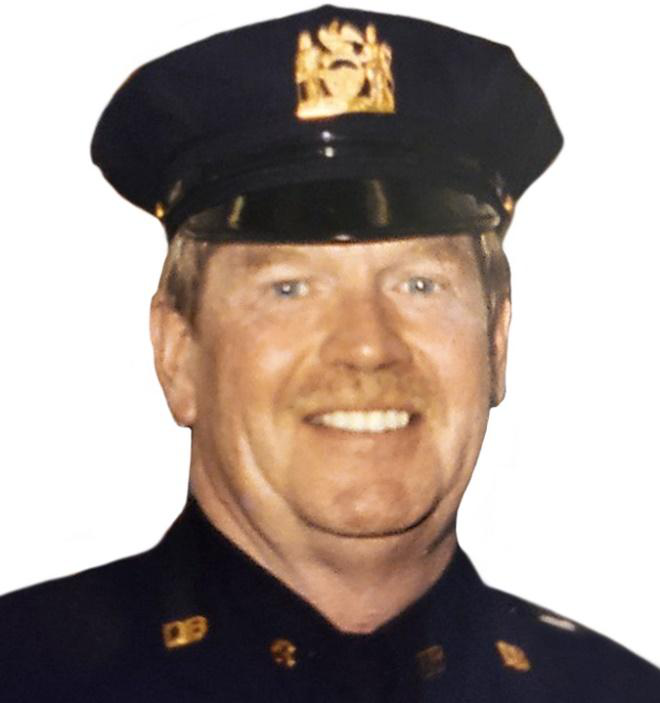
NYPD Bomb Squad Detective (ret) Gerald Brennan passed away on July 14, 2020, after a long and courageous battle with lung cancer. Jerry, as he was known to his loved ones, had a distinguished thirty-year career with the Police Department, during sixteen of which he was a Certified Bomb Technician. He was initially assigned to the unit in September 1986, and he attended the Hazardous Devices School (HDS) shortly thereafter. Jerry retired in 2002 after having risen to the rank of Detective First Grade.
While serving with NYPD, Jerry responded to the World Trade Center attack site on September 11, 2001, along with thousands of other first responders. He took part in the massive effort to evacuate civilians from the doomed buildings and handled multiple assignments of suspicious packages and vehicles as they were dispatched. As there were fears of a car bomb follow up to the “planes used as missiles” attack, he, along with other members of the Bomb Squad methodically cleared multiple vehicles in the vicinity of the attack site.
Unfortunately, we lost one member of the Bomb Squad, Detective Claude Richards, in the collapse of WTC Tower Two (Claude and Jerry were classmates at HDS). This loss was the impetus for a daily search detail that was in place for weeks after the attack, specifically aimed at recovering Claude’s remains. Jerry was regularly assigned to that detail as part of his rotating schedule. Each tour spent there consisted of twelve hours “on the pile” as working the site had become known. The Bomb Squad maintained a daily detail at the Staten Island Landfill debris screening site to immediately address any suspicious, or hazardous items (there were many) found there during investigative operations. Jerry was similarly posted there as part of his regular duties. All told, Jerry performed Bomb Squad assignments at the attack site and landfill totaling hundreds of hours in direct support of the command’s mission.
On September 8, 2021, Jerry’s passing was designated “Line of Duty” due to the attribution of his cancer being linked to exposure to toxins related to his performance of official bomb squad duties.

